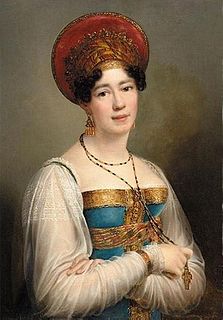A Quote by Elie Wiesel
I write to understand as much as to be understood.
Quote Topics
Related Quotes
Life is such a mystery, no one can understand it, and one who claims that he understands it is simply ignorant. He is not aware of what he is saying, of what nonsense he is talking. If you are wise, this will be the first realization: life cannot be understood. Understanding is impossible. Only this much can be understood - that understanding is impossible.
We write to understand our deepest secrets to ourselves, to understand. We write in an outpouring of love. We write in secret, either for publication or for a journal no one will see, or we write poems to be privately printed for the eyes of friends alone - this is not our choice. The urge is to create. The outcome belongs to God.
In my lifetime I was to write only one book, this would be the one. Just as the past Lingers in the present, all my writings after night, including those that deal with biblical, Talmudic, or Hasidic themes, profoundly bear it's stamp, and cannot be understood if one has not read this very first of my works. Why did I write it? Did I write it so as not to go mad or, on the contrary, to go mad in order to understand the nature of the madness, the immense, terrifying madness that had erupted in history and in the conscience of mankind?
I'm sorry,' said the shopkeeper. 'I can't understand your ridiculous accent.' 'My accent?' 'It is quite silly.' 'So you can't understand me?' 'Not a word.' 'Then how did you understand that?' 'I didn't.' ''You didn't understand what I just said?' 'That's right.' 'You understood that, though.' 'Not at all.' The American glowered.




































